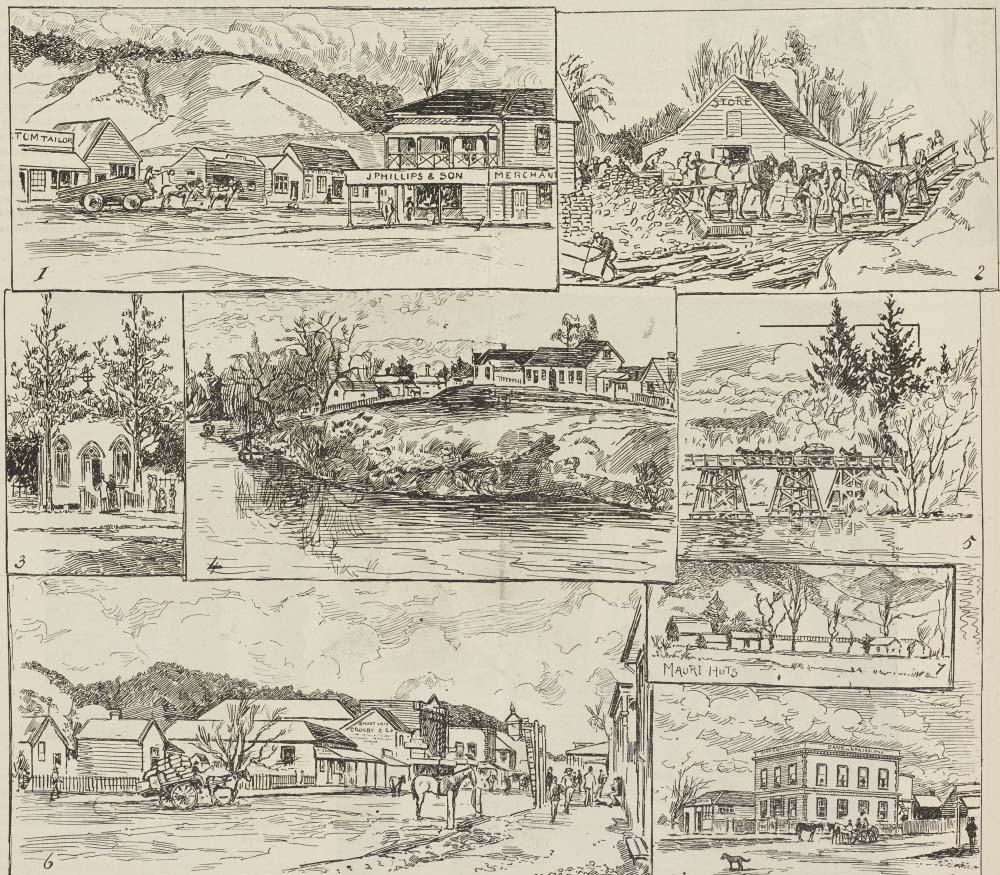As part of a Valley Profile series, MEGHAN HAWKES searches through old newspapers to bring you the stories Thames Valley locals once read about themselves.
1898
The first street lamp in Paeroa, situated on the corner opposite the Criterion Hotel, was lit up by gas. The lamp was a lofty one, containing an incandescent burner of 70 candle power. The County Council intended to have several of these lights erected at convenient points about the town.
Paeroa was at times particularly unpleasant on account of the fearful amount of dust which blew in every direction through the town. Business people were often obliged to keep their shop doors closed.
Dust also plagued Waihī where yellow drifts of it blew in heavy thick clouds on the slightest pretext, such as the passing of a vehicle, choking unfortunate passengers. It was suggested this nuisance would be removed by a good road, making Waihī more beautiful to look at and more endurable to live in. One wit suggested that if some device could be contrived to regulate the wind, which nearly always blew violently, life will be nearly worth living there. Waihī in the past had achieved considerable notoriety on account of the drink-loving propensities of its inhabitants. There was more drink consumed there at one time than in any other town of equal size in New Zealand. It was said that the continual inhalation of large quantities of dust was responsible for this state of affairs.
Thames dust, though, was the worst, being caused by the Hematite and Varnish Works. Residents of Broad and Campbell Streets petitioned the council to have the works removed as they could not live with the red dust and stench caused by it. The stink made the women feel sick, and in the daytime the smell was something dreadful. People went round the front street—out of their way— rather than smell the varnish. A long revolving pipe on the works sent dust up the chimney as well as flames which scorched nearby trees. There were fears houses would catch fire. Hematite was gathered off verandahs, windows were kept closed and books had to be covered with cloths to protect them. The owner of the varnish works had been warned before he opened that wherever such works had been erected in a town in other parts of the world they had been a menace and had had to be removed. If the nuisance were allowed to continue residents would have to leave. The owner was advised either to condense the smoke and dust or to remove the works altogether. Despite calling these works a local industry, it was thought inappropriate that one man should become rich at the expense of others.
At Turua school, the children of the sixth standard had a lesson on the various meanings attached to such words as “intensity”, which they were told sometimes meant depth, as “depth of feeling” or “intensity of feeling”. They were then told to write sentences containing the words illustrated. One pupil wrote: “A boy went in for a swim and got out of his intensity and was drowned”.




